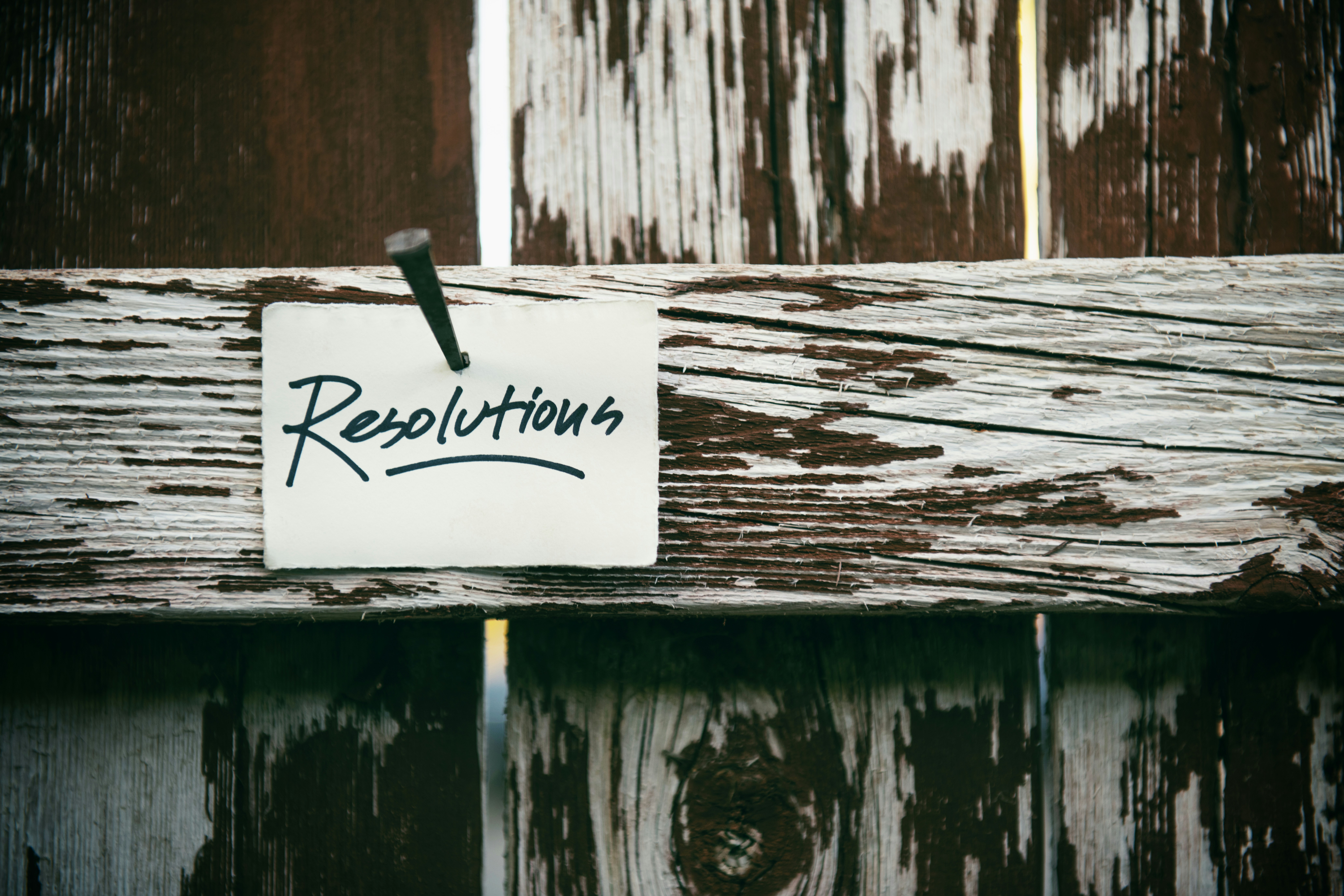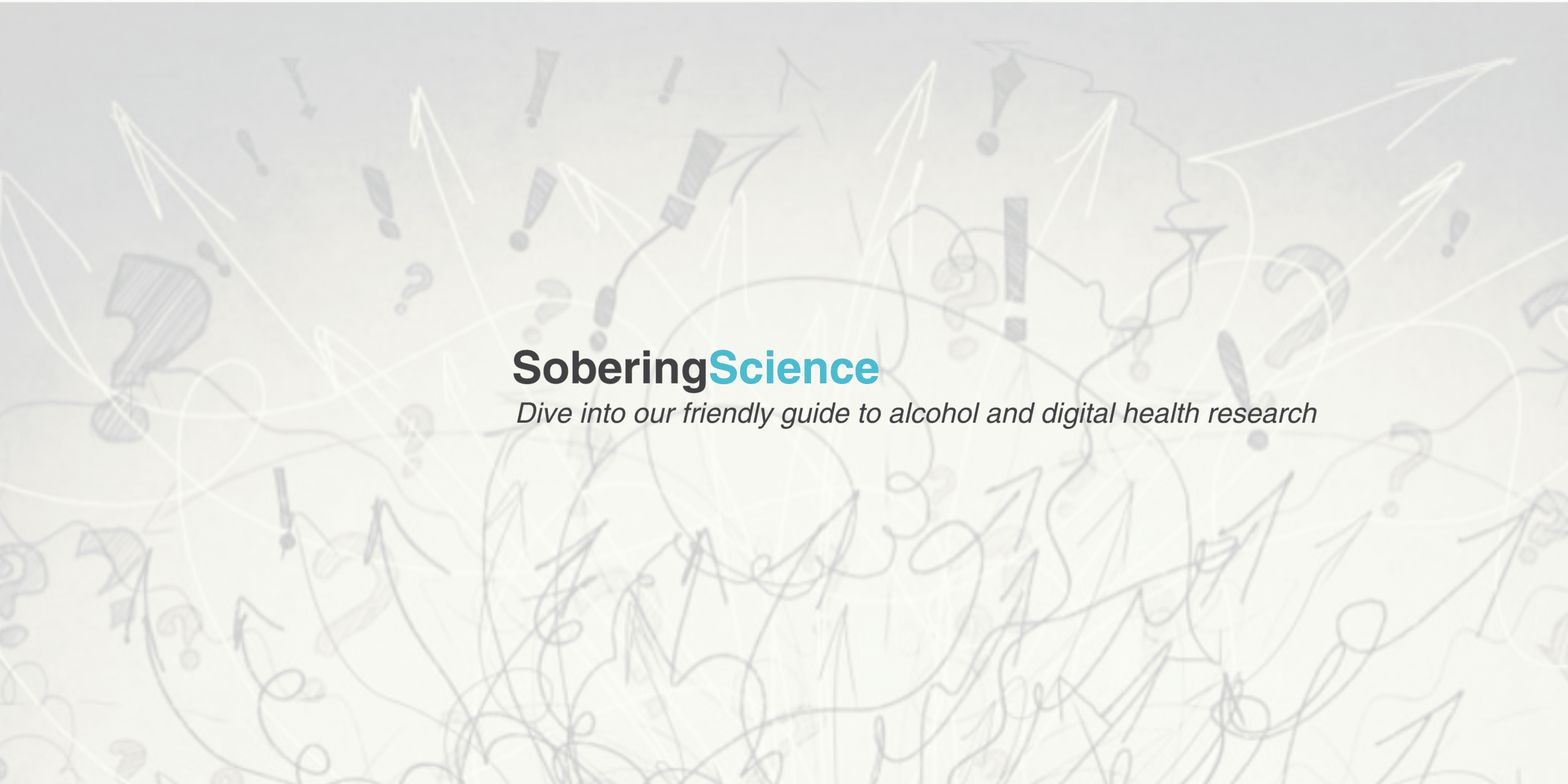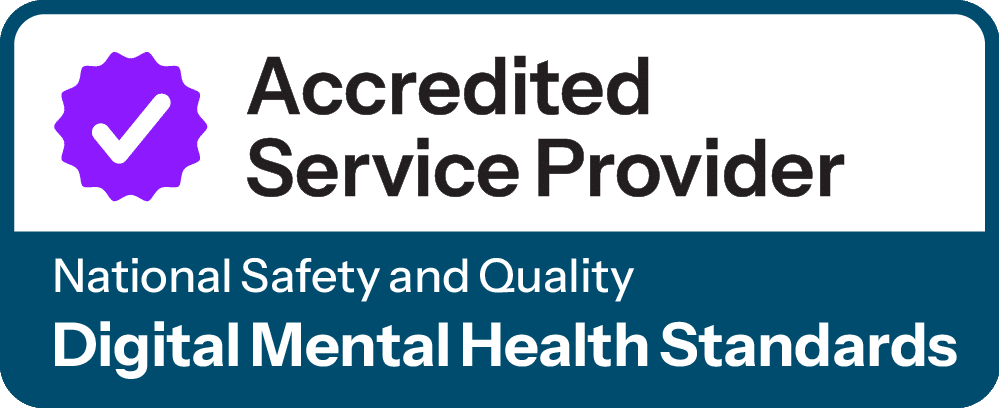
Failing forward: why your New Year’s resolutions should leave room to fail
January can be a time for a life stocktake. A chance to offload excess baggage. For many people looking for a fresh start, alcohol is top of the list of things to go.
As the head of an organisation who supports people to change their relationship with alcohol, you’d expect me to back New Year’s resolutions to quit drinking.
But as a psychologist who studies human behaviour, I have to be honest – you are probably going to fail. In fact, you should probably aim to fail if you really want to make lasting changes.
In my 35 years of clinical practice, I’ve watched too many people get dragged down by shame after trying to quit and finding themselves going back to drinking. Often, they have unknowingly set themselves up to fail before they even start.
One of the reasons New Year’s resolutions often fall by the wayside by February, is because people set overly ambitious and unrealistic goals.
Adopting an all-or-nothing mindset doesn’t leave room for anything short of perfection, and when you inevitably slip up, it can lead to failing on a bigger scale.
Renowned neuroscientist, Marc Lewis, talks about willpower as a finite resource. It’s governed by the prefrontal cortex – the thinking part of the brain. Lewis says that trying to enact change through willpower alone, uses up so much mental energy that it fatigues this part of brain, eventually giving in to the urge to drink.
Psychologists also call it the “stuff it” effect. Or in simple terms, having a beer after a period of abstinence, feeling like a failure, then saying, “stuff it, I might as well drink a whole slab.”
There is a scientific term for this – abstinence violation syndrome. When you violate your goals, your brain codes it as a failure, leading to demotivation and ultimately, a return to the behaviour you’re trying to change.
If you’ve sworn off alcohol and end up having a sip of wine at a party, you might end up so consumed by shame and a sense of failure that you start believing you’re incapable of change, so you drink the whole bottle.
I’m not saying that quitting outright isn’t possible. But it might be too big a lifestyle shift to go directly from the over-indulgence of the festive season – when you might have been drinking more heavily than usual – to complete abstinence.
The way you approach quitting or cutting back matters. Rather than seeing setbacks as failure, think of them as lessons in what to do differently next time.
It’s also important to examine your motivations. I often see people who are laser focused on the end result, but are less motivated to do the work to get there.
If sobriety or moderation are the goal, understanding your relationship with alcohol is essential. Working out why you drink, when you drink, and how it makes you feel, are essential building blocks for long term change.
If you have a slip-up and decide to drink, use it an opportunity to observe what was going on when you made that choice. What situation or feeling were you trying to manage? Be aware of whether alcohol was enhancing the experience or detracting from it.
When you embrace the inevitability of stumbling blocks and offer yourself kindness and curiosity rather than judgment and self-recrimination, it gives you the space to make mistakes and grow.
With a more balanced approach, you can work out whether quitting altogether is the right choice for you or whether you can be a more mindful and moderate drinker and introduce more alcohol-free days.
Of course, for some people who are heavily dependent on alcohol, total sobriety is probably the best path and professional support is advised. But don’t be disheartened if it takes several attempts.
The uncomfortable truth is that the most common outcome of treatment is relapse. But the more times you try, the greater the chance that the changes will stick.
Self-compassion is key. If you’re less rigid in your thinking and celebrate all the small wins rather than magnify minor setbacks, you are far more likely to make healthy changes that last beyond January.
Dr Nicole Lee is a clinical psychologist, CEO of Hello Sunday Morning, and Adjunct Professor at the National Drug Research Institute









